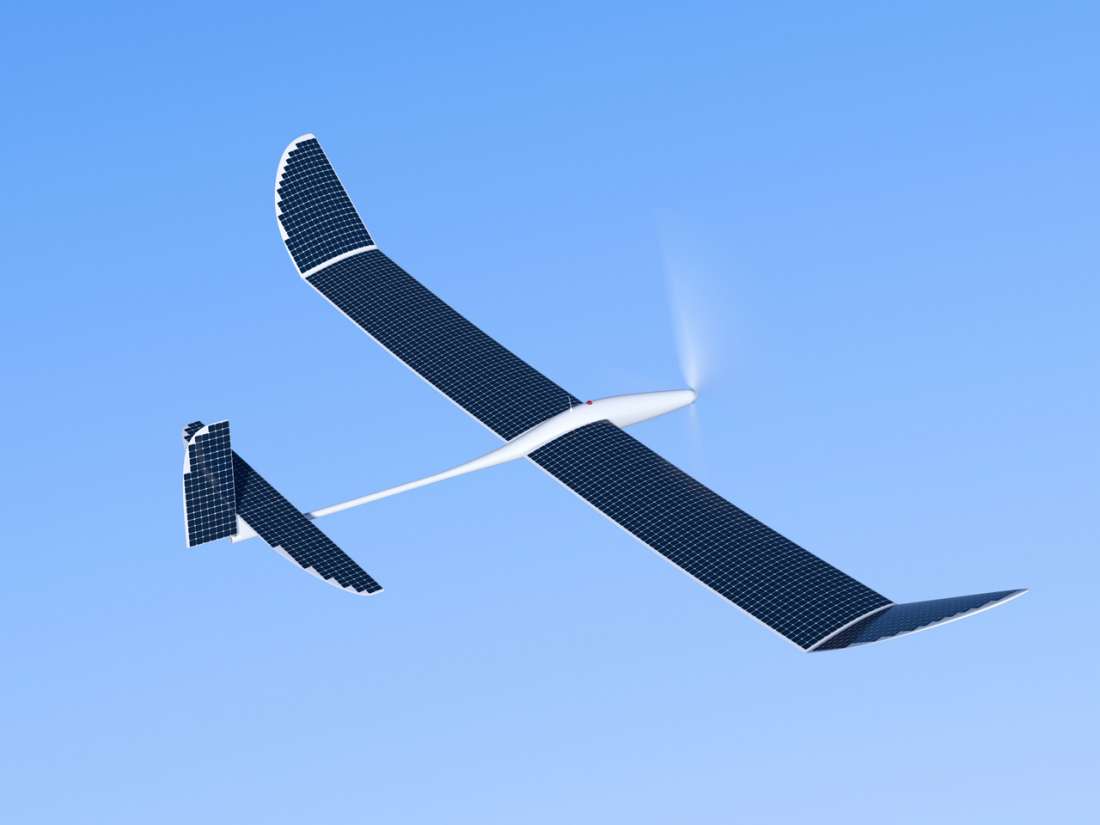Last month Facebook announced the second successful test of Aquila – a giant sun powered drone. Even though the technology is still in the makes and has a long way to go, Mark Zuckerberg has been very serious about connecting the world– Facebook recently surpassed the 2 billion users mark. There is an opportunity for Facebook to continue its path of success as the number of people globally with access to the internet is currently about 4 billion.
Can Facebook evade the Chinese censorship?
However, even though it seems like Facebook are half way there on their quest to connect the world, a vast majority of internet users are not on Facebook yet solely because they live in China where Facebook is blocked by the ruling communist party. Some Chinese people can evade the censorship by the use of VPN. However, the ruling party is certainly not happy about it as they are constantly trying to prevent its citizens from having unmonitored Internet access. Unless Facebook miraculously manages to find a way to sweet talk China into unblocking them, the continuous growth of new users will start to gradually decrease as we don’t see China’s way of government changing anytime soon. And this is not the news shareholders want to hear!
To keep the company’s steady growth, Mark Zuckerberg needed to find a solution for keeping the continuous flow of new users. At the end of the day, there are more than 7 billion people currently living on Earth, having 2 billion users is a great milestone, but it also shows the vast amount of work that needs to be done in the future. This is how Facebook’s Aquila drone was born. Aquila is a technology developed by Facebook that eventually will be integrated into a fleet of sophisticated atmospheric satellites that will provide the internet to undeveloped regions around the world.
What are Facebook’s intentions with this drone?
The first Aquila powered drone had a rough start last year as it crashed in the Arizona desert during landing. According to Facebook, the second testing couple months back was a success. So what are the positives and the negatives of Facebook’s intentions? Assuming people will likely register to Facebook, this surely is a smart way to maintain company’ s growth while making the world a better place but how is this going to affect the regular people?
The first and foremost, people from undeveloped countries from all over the world will be provided with an opportunity to have access to more information that includes better education opportunities, news, and job postings, as well as funny cat videos. They will also be able to communicate on a much more affordable price and express opinions to a broader audience.
On the contrary, citizens of undeveloped countries will be provided with a window to the world. While inspirational for some, this might be simply yet another way to see the contrast between them and the developed countries. We are sure people who do not have access to clean water would not appreciate the angry comment of a hipster whose name was misspelled on a Starbucks paper coffee mug. Or the latest news about the Kardashians. More information could lead to the start of the sub-Saharan “Arab spring” – united and connected, people might be able to possibly bring down current world dictators such as Robert Mugabe, President of Zimbabwe who has been a head of state, with no intentions to step down, for more than 30 years. People fighting for their rights is not bad news at all, but unfortunately many may get hurt in the process.
Overall, we are years apart from having 11,000 unmanned drones simultaneously flying over Africa. We sincerely believe the positives will outrun the negatives. We hope they will make them secure, as the last thing we want is someone being able to control a fleet of 11,000 flying objects because… let’s face it; drones can be hacked. Good luck to Facebook!
